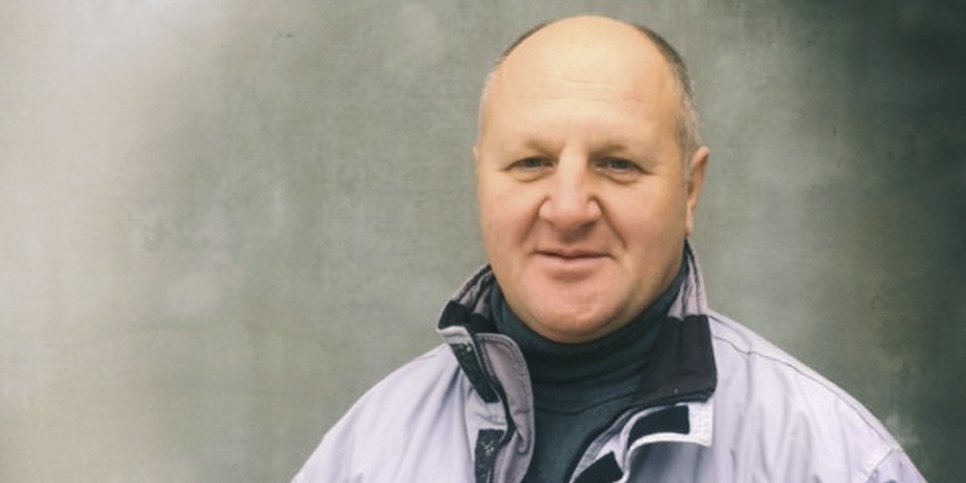Photo: Sergey Filatov
Photo: Sergey Filatov
The Dzhankoy Searches Are the Largest Operation Against Believers in Recent Times
CrimeaMore than 200 police and FSB officers were involved during the raid conducted on November 15, 2018 in the city of Dzhankoy (Crimea). That evening, FSB officers, with the support of the police, invaded at least 8 homes of local residents who are suspected of practicing the religion of Jehovah's Witnesses. At least 25 law enforcement officers were thrown to storm each of the houses.
A criminal case under Part 1 of Article 282.2 of the Criminal Code of the Russian Federation was initiated against 46-year-old Sergey Filatov, a father of four children. More than 35 law enforcement officers drove up to his house in 3 minibuses, several official cars and a 50-seater bus, about half of them were special forces soldiers armed with pistols. Some cars were without license plates, some had visible numbers of the Rostov region. Sergey Filatov's house was searched, he was interrogated and released on his own recognizance.
It is known that the FSB of Russia in the Republic of Crimea and the city of Sevastopol, the Center for Countering Extremism of the Ministry of Internal Affairs in the Republic of Crimea, and police officers from the regions of Russia participated in the military operation. According to media reports, law enforcement officers from Moscow also participated in the operation. CCTV footage shows that law enforcement officers, armed with devices for breaking doors, without knocking or ringing, put a ladder to the gate and entered households, knocking out doors.
Law enforcement officers acted rudely, allowing derogatory comments about believers. After the search, two citizens discovered the loss of cash savings - large sums of money. In another case, the loss of jewelry made of precious metal was discovered.
78-year-old Alexander Urs had his hands twisted behind his back, because of which he fell. He was forcibly lifted and, turning his face to the wall, was pushed hard against the wall. From hitting the wall, a hematoma remained on his face. Many hematomas are also recorded on the legs. In Soviet times, Alexander Ursu was repressed for his faith, and was later rehabilitated.
During the search, the 50-year-old believer's blood pressure rose, part of his face, torso and arm were paralyzed. An ambulance was called, the man was hospitalized with a microstroke.
During the search, one of the women had high blood pressure and an ambulance was called. While medics treated the 53-year-old woman, law enforcement officers continued to search her home.
One of the men, returning home the next morning after interrogation, found a rout in his house. His 22-year-old wife was taken to the hospital. As a result of psychological trauma, she had a miscarriage. The young couple have no children and are grieving the tragedy.
A criminal case under Part 1 of Article 282.2 of the Criminal Code of the Russian Federation was initiated by the investigator of the Investigative Department of the FSB Directorate for the Republic of Crimea and the city of Sevastopol, Lieutenant of Justice A. Chumakin. The investigation was entrusted to a team of investigators consisting of 11 people. According to investigators, Sergey Filatov continued the activities of the Jehovah's Witnesses organization, which was liquidated by the Supreme Court of Russia in 2017. This activity allegedly was expressed "in holding meetings, religious speeches, as well as promoting the religious ideas of the said organization, using for these purposes the dwelling at the place of its registration and actual residence."
The Presidential Council for the Development of Civil Society and Human Rights referred to such criminal cases in its appeal to the Prosecutor General's Office of Russia. "Accusations of citizens that they read the Bible together and pray to God are interpreted as "continuation of the activities of an extremist organization." The Council considers that such an interpretation is not consistent with the legal position of the Supreme Court of the Russian Federation. There is a contradiction between the declared position of the Government of the Russian Federation and law enforcement practice. This cannot but cause concern, since criminal prosecutions and arrests have become systemic."

